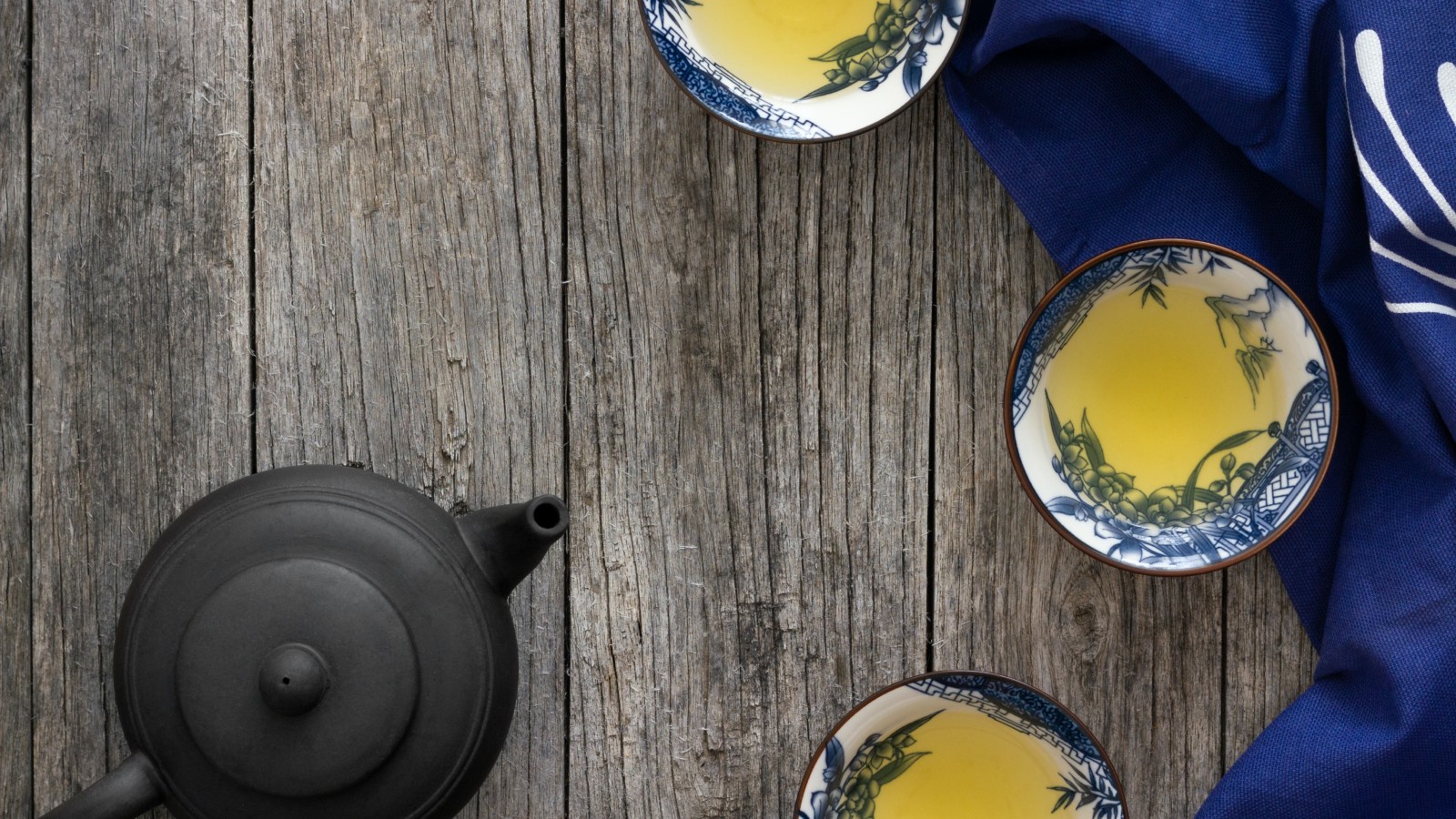There’s no rulebook to live well in a pandemic. While we’ve learned to live with masks and social distancing, we must build, nourish our lives under constraint. In a topsy turvy world hit by a pandemic, affluence is passe’, we are all looking at ways to live a meaningful life. These small micro philosophies can change our worldview and bring in peace and quiet in a storm. It allows small joys to keep people going on a daily basis. The Japanese concepts of life and living well are the new rules to live by.
Are you able to Tokimeku or (Spark Joy) in a pandemic? The Japanese way of life and living has inspired many in 2020, Marie Kondo has been the best advocate of Sparking Joy with little moments of wonderment. When you hear “Aha! Moment,” you think Oprah Winfrey. But Kondo’s ‘Sparking Joy’ is about lighting up your life with flowers, teacups and coloured crockery. The definition of Tokimeku is fascinating and life-changing, it means “enjoy [be in] great prosperity; be prosperous; prosper; flourish; thrive; have one’s day; be powerful; be influential; be in power.”
Joyful workspaces, kitchens, tea ceremonies all celebrate the idea of living well. Says life coach Ravneet Gandhok, “Sparking Joy is living joyfully in small moments, finding happiness in anticipation of something exciting. In a pandemic, a dish could be sparking joy or doing your hair in a different style. What gives you the thrill or brightens your world. It’s also about doing things that make your heart throb or pulsate. Make that effort, do those small things for yourself.”
Another interesting term in the Japanese way of living that adds meaning to everyone’s way of life is, Mono no aware, it is a poetic term developed by Motoori Norinaga that refers to the driving force behind aesthetic works, specifically poetry. Norinaga’s interpretation of the term aware as “to be stirred” and have an empathy towards life. Mono no Aware signifies the deep feeling or pathos of things, to feel the powerful emotions that objects can evoke in us. Mono no aware has hence also been translated as ‘the “ahness” of things’. It is the way in which something affects us immediately, before we are able to put that feeling into words.
The world is waking up to another Japanese term — Mottainai, or too good to waste, using the natural resources with gratitude. To reduce, reuse, recycle — with respect. The pandemic is showing us how to revive “the spirit of mottainai“, embracing the spirit of sustainability and conservation.
Joy of Simple Minimalism
We have learnt the lesson of minimalism, which will go onto the next year 2021. We will be seeing Shibui in life, an aesthetic principle that values simplicity and the subtle beauty of minimalism. The seven essential factors of shibui are simplicity, implicitness, modesty, silence, naturalness, everydayness, and imperfection. This year’s turmoil is making us appreciate the honest beauty of Shibui. “Discover Shibui” will be a movement to help you discover peace through minimalism”. Interestingly, Shibui art objects are unobtrusive, unostentatious and understated with a notion that the less powerful object will be more artistically effective. Says psychologist Dr Nisha Khanna, “This year I appreciated simplicity and minimalism around me. I indulged myself in simple joys like gardening. This isn’t the time to flaunt but to be understated and simple. There’s so much grace in that.”
When you see trauma and heartbreak brought by disease and illness, you appreciate the Wabi sabi way of life. Wabi sabi is an acceptance of the old, of the worn, of the asymmetrical. It is a rejection of the lavish, opulent, and excessive. It is about simplicity and modesty. Says life coach Farzana Suri, “The pandemic taught us how to live and love our brokenness. We all want to find beauty in the imperfection and accept things that come in life with grace. There is a crack in everything, don’t throw the broken things, fix it. We learnt to embrace the cracks and heartbreak of the pandemic.”


